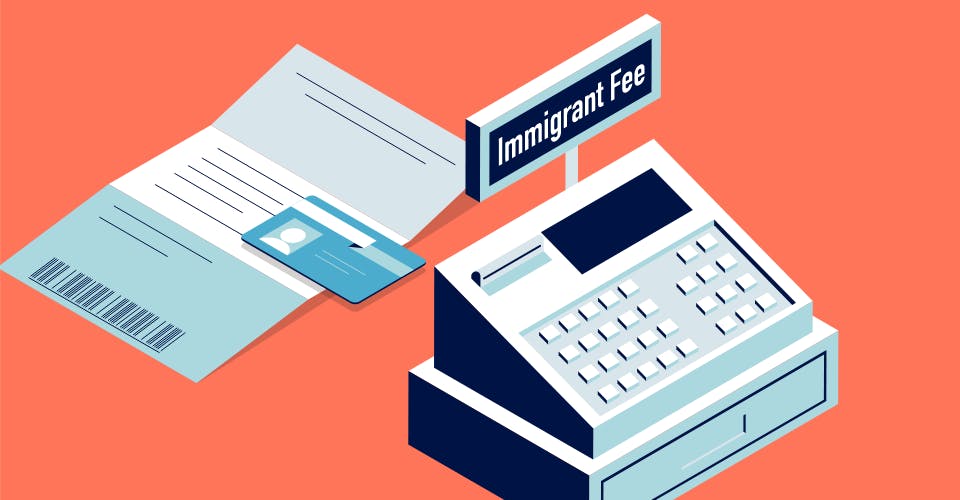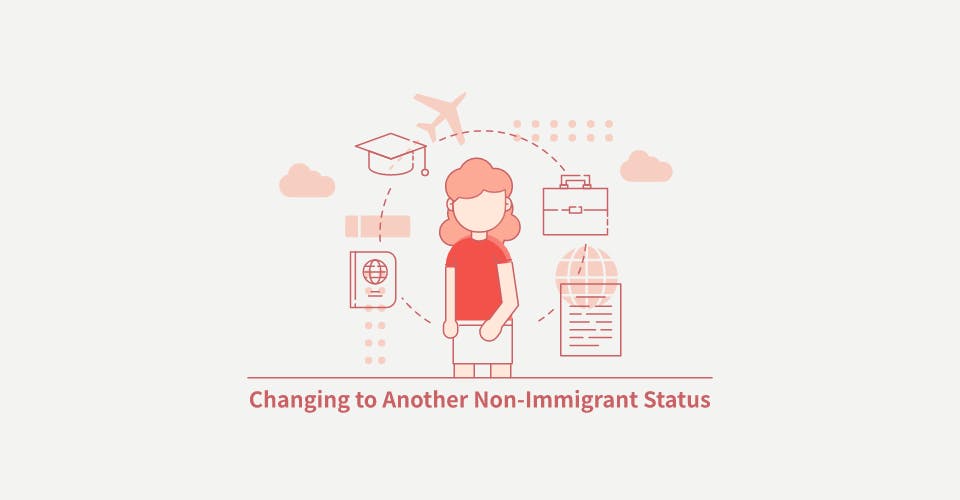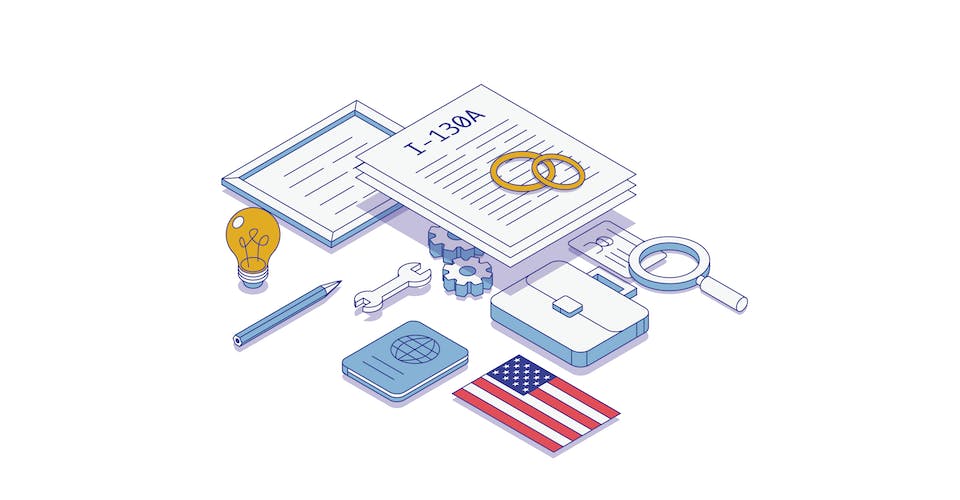When you receive your immigrant visa to come to the United States, one of the last steps that needs to be taken is paying your immigrant visa fee. This fee is incredibly important, as the USCIS uses it to produce your Permanent Resident Card (green card).
Sometimes those who are immigrating to the United States might choose to pay their fee once they have arrived in the U.S., as they might need more financial support. This could be the case for immigrants who have to their own fee, and the fees of the dependents they are travelling with. The immigrant fee is $325. You might be confused because in a previous post we have mentioned that you need to pay your immigrant fee before your visa is approved. You can actually postpone payment, but it is a risky maneuver.
Paying Online
All fee payments must be done online via the USCIS portal. The embassy or U.S. consulate that processes your immigrant visa will give you information including the following in order to secure a transaction:
- Alien Registration number (A-Number)
- Department of State Case ID
- Immigrant data summary
Exemptions
The following categories of people do not have to pay the immigrant fee associated with a green card:
- Children who are entering the United States under the Hague convention (orphans)
- Iraqi and Afghan Special Immigrants who have previously worked with the U.S. military
- Returning Lawful Permanent Residents (SB-1s)
- K-non-immigrants
Having Someone Else Pay
Technically, if you are unable to make the payment while you are still in your country, or would like family assistance with the fees, you can ask a family member, friend, employer, or other representative to pay for you. The person who pays your fee will need to specify their relationship to you on the online portal, and will also need all of the information above (A-number, Case ID, etc). It is perfectly legal to have someone else pay your fee, but just make sure they all of the correct information.
Failure to Pay Immigrant Fees
Visa applicants should make sure that you have enough money in your account to pay all of the fees. For example, if you have two dependents you are also paying for, and your account only has $950, someone’s green card will not get processed because the immigrant fee is greater than your account balance. You can pay with a credit card online, but you can also enter your bank/routing number to have money taken automatically from your bank account.
If you fail to pay your immigrant visa fee when you have arrived in the United States, you won’t receive your green card. Generally, for those who have paid, the green card arrives at your U.S. mailing address within 120 days. In addition, there is some confusion for visa holders who believe they will lose their lawful permanent status if they don’t pay their immigrant visa fee right away.
The problem is that you won’t lose your LPR status, but you also won’t have your permanent resident card which is a valuable piece of identification you will need in the U.S. for many types of benefits such a marketplace health insurance plan or signing a lease.
Finally, make sure that if you are switching addresses when you enter the United States, that you give the CBP officer you see the mailing address for your new home/apartment, otherwise you will not receive your green card and will experience delays.
For more information on this topic, please see the following link: https://my.uscis.gov/uscis-immigrant-fee/














